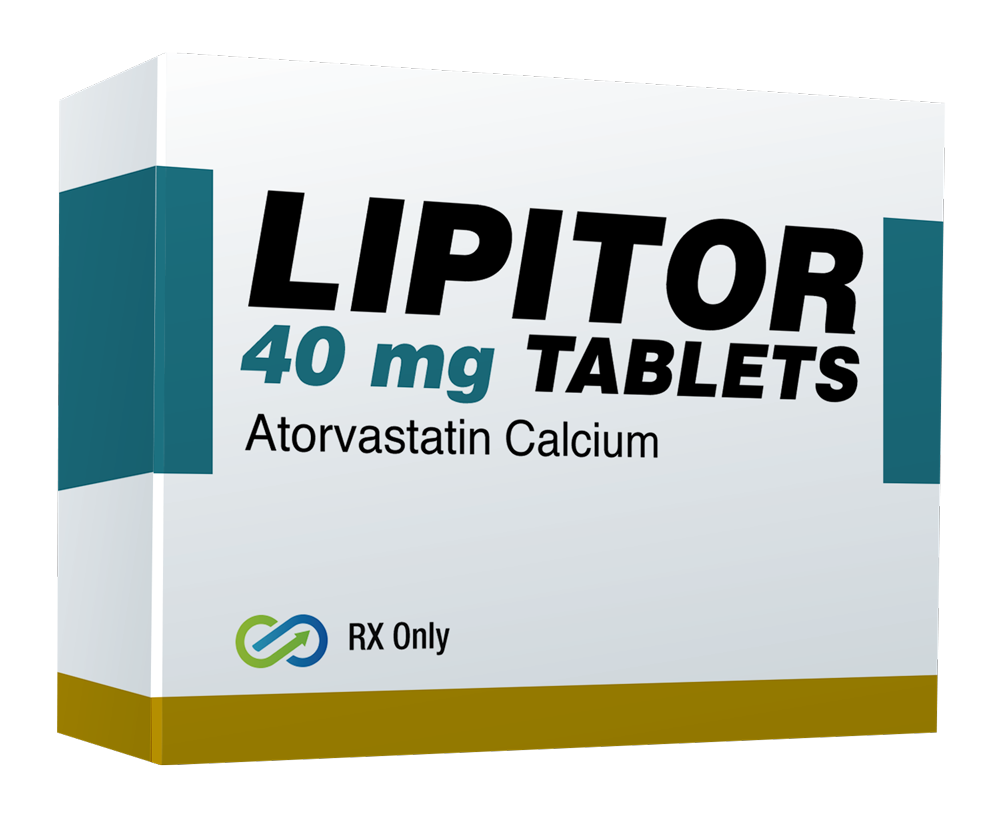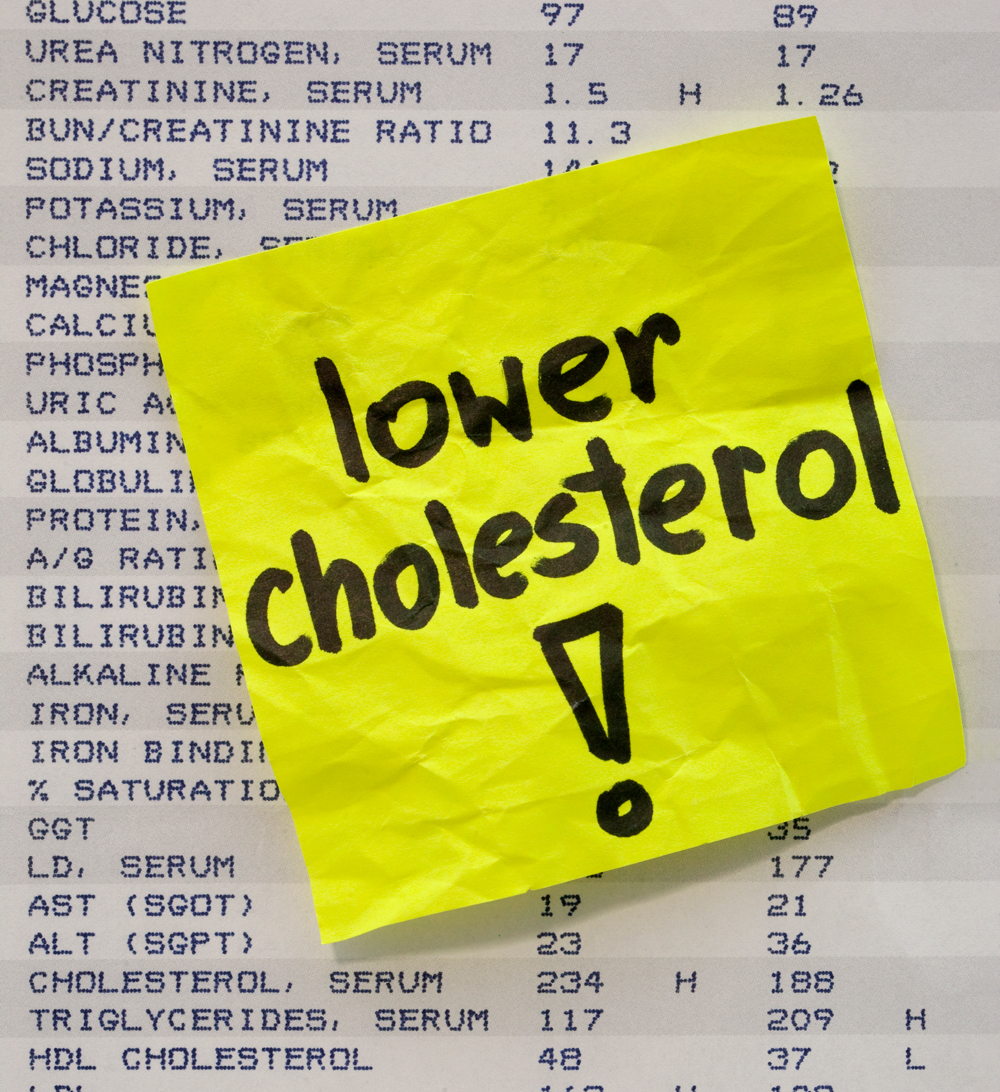
Lipitor
Lipitor, whose generic name is atorvastatin, is a medication classified as a statin. Statins are commonly prescribed to lower cholesterol levels in individuals at risk of cardiovascular diseases, such as atherosclerosis, heart attack, and stroke. While Lipitor has proven effective in managing cholesterol levels and reducing the risk of cardiovascular events, its direct contribution to longevity is not fully established.
Get it directly from your local pharmacy
How Does Lipitor Contribute to Longevity?
Lipitor, whose generic name is atorvastatin, is a medication classified as a statin. Statins are commonly prescribed to lower cholesterol levels in individuals at risk of cardiovascular diseases, such as atherosclerosis, heart attack, and stroke. While Lipitor has proven effective in managing cholesterol levels and reducing the risk of cardiovascular events, its direct contribution to longevity is not fully established. However, its effects on cardiovascular health can indirectly impact longevity in certain cases:

- Cardiovascular Disease Prevention: Lipitor works by inhibiting an enzyme involved in cholesterol synthesis in the liver. By reducing cholesterol levels, particularly low-density lipoprotein (LDL) cholesterol (often referred to as “bad” cholesterol), Lipitor helps lower the risk of atherosclerosis and related cardiovascular events. Atherosclerosis is the buildup of fatty deposits in arteries, which can lead to heart attacks and strokes. By reducing the risk of these life-threatening events, Lipitor can potentially contribute to extended lifespan in individuals at risk for cardiovascular disease.
- Anti-Inflammatory Effects: Some research suggests that statins like Lipitor have anti-inflammatory effects beyond their cholesterol-lowering abilities. Chronic inflammation is associated with numerous age-related diseases, including cardiovascular disease, cancer, and neurodegenerative disorders. By modulating inflammation, statins might indirectly support overall health and longevity.
- Endothelial Function: Statins have been shown to improve the function of the endothelium, the inner lining of blood vessels. Improved endothelial function can lead to better blood vessel health and reduced risk of vascular diseases. Healthy blood vessels are crucial for maintaining optimal blood flow to various organs, which is important for longevity.
- Stroke and Heart Attack Prevention: Cardiovascular events like heart attacks and strokes are leading causes of death worldwide. By reducing the risk of these events through cholesterol management, Lipitor can potentially extend life expectancy in individuals who are at risk or have a history of such events.
- Secondary Effects: Some studies suggest that statins might have other potential benefits, such as reducing the risk of certain types of cancer and improving bone health. These secondary effects could indirectly contribute to longevity.

It’s important to note that while Lipitor and other statins have demonstrated benefits in improving cardiovascular health and reducing the risk of cardiovascular events, their effects on overall longevity are complex and influenced by multiple factors, including an individual’s overall health, genetics, lifestyle, and access to medical care.
If you are considering using Lipitor or any other medication, it’s essential to consult with a medical professional. They can evaluate your specific health situation, risk factors, and treatment options to determine the most appropriate course of action for you.
